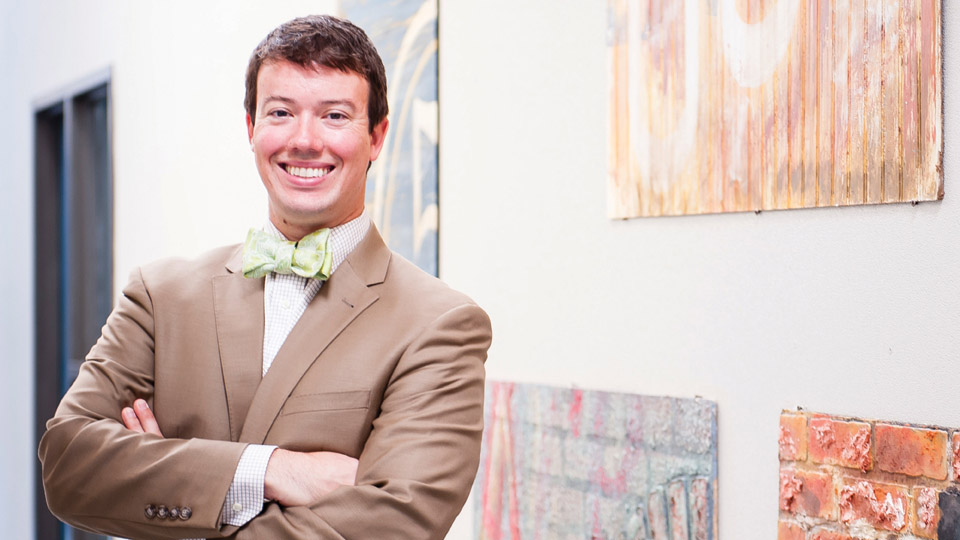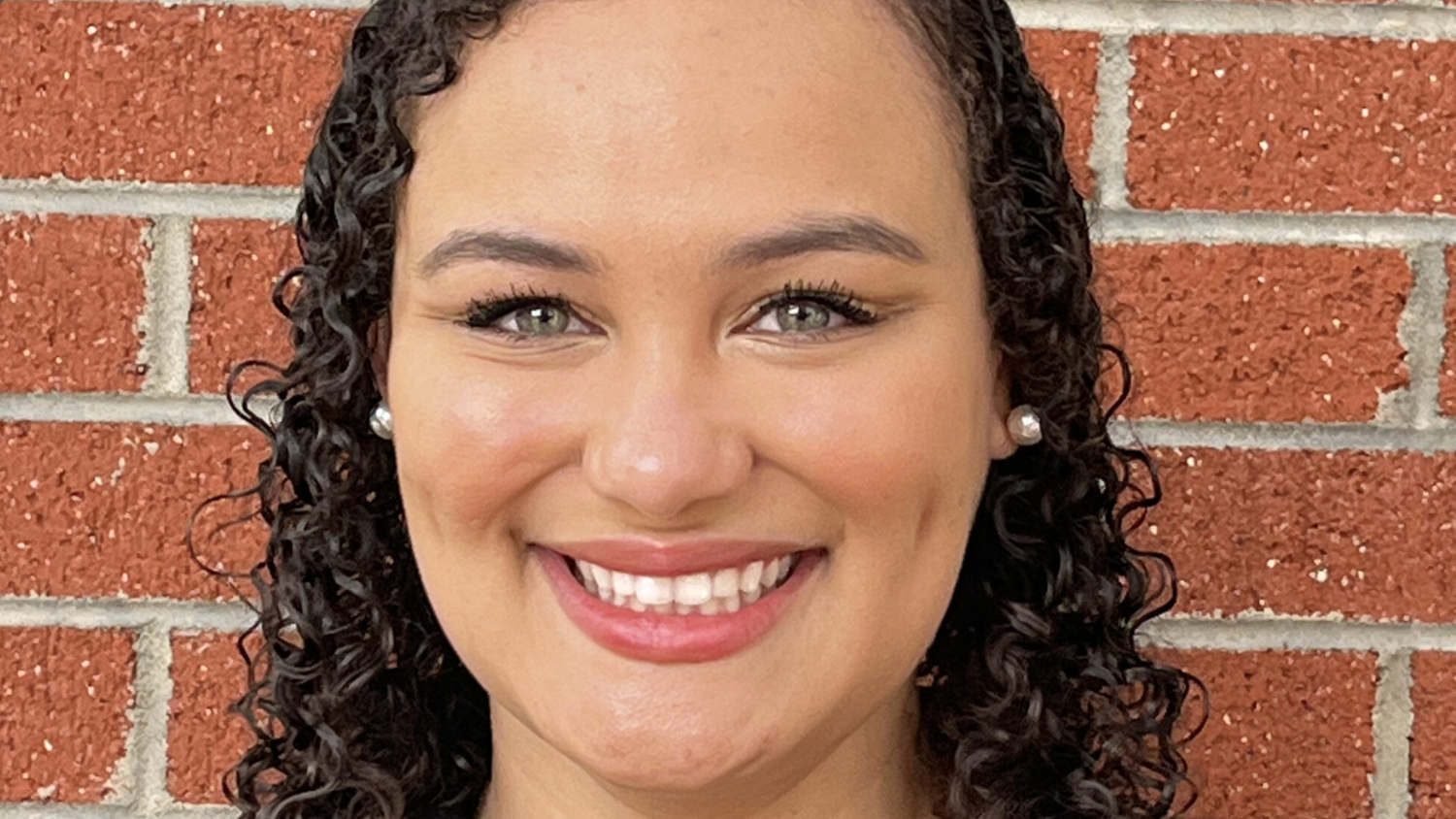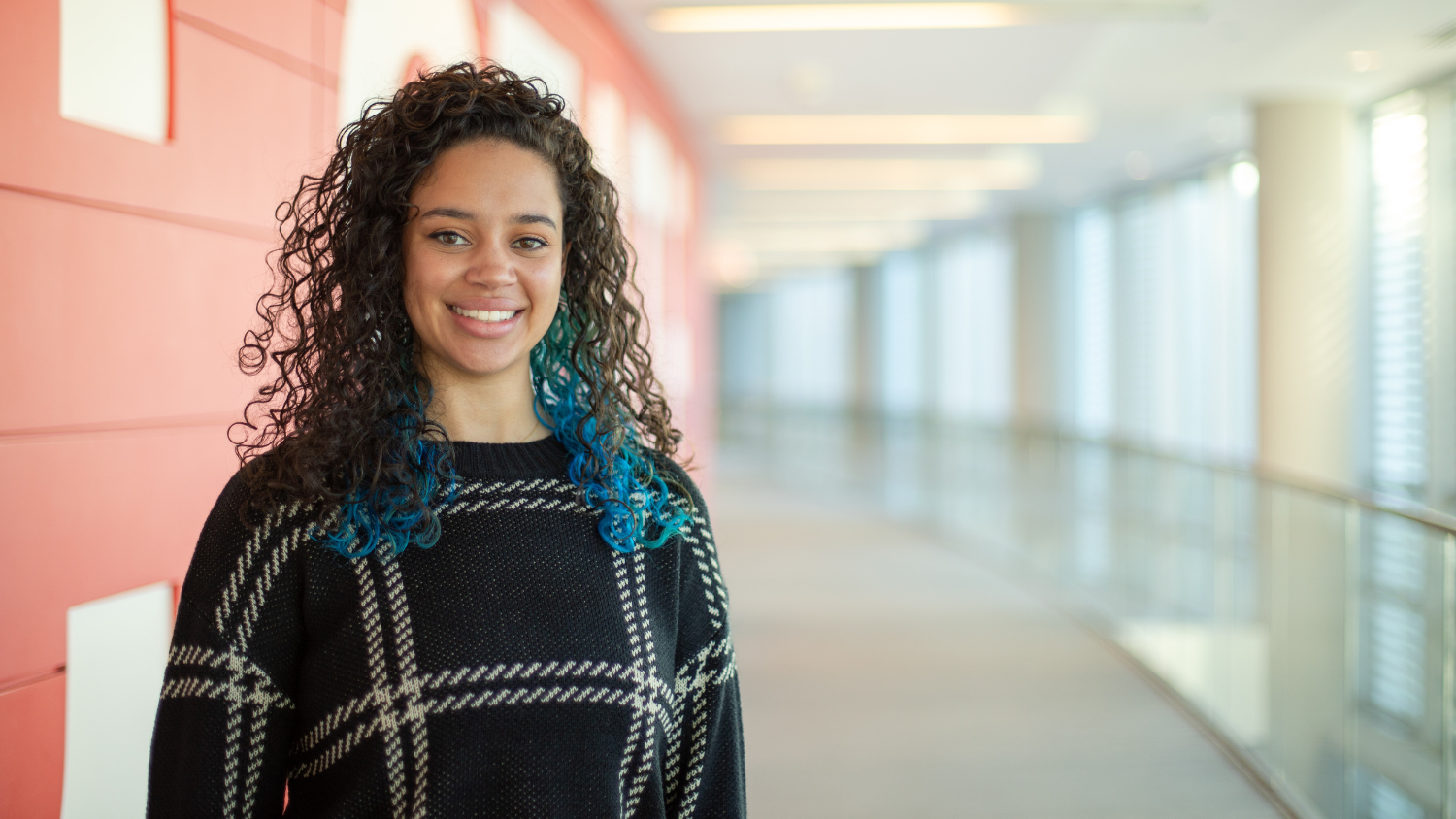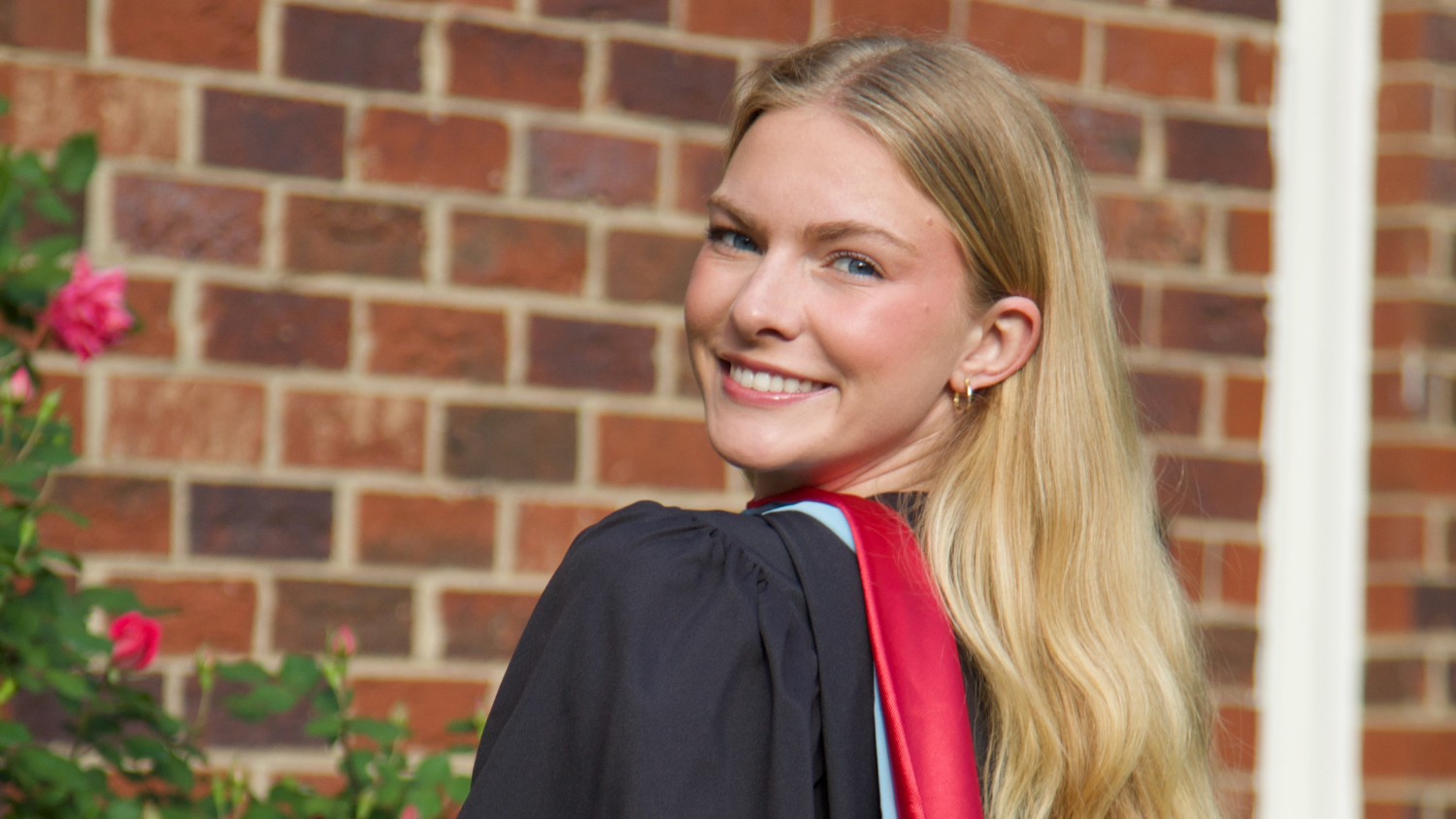Spotlight on David English

*Update: Effective Jan. 1, 2017, David English is the Provost of the University of North Carolina School of the Arts.*
David English takes the reins as interim provost at the University of North Carolina School of the Arts on June 1. English, who earned his doctorate in educational research and policy analysis, with a specialization in higher education, from the Department of Educational Leadership, Policy and Human Development, will serve as chief academic officer of the UNC system’s professional school for performing, visual and moving image arts.
We spoke with English about higher education leadership and how the College of Education helped prepare him for his new role.
As vice provost and dean of academic affairs, how do you work to ensure UNCSA’s educational leadership and academic growth?
In the position of vice provost I had direct oversight of faculty affairs; the Teaching and Learning Center; community, non-credit and summer programs; university accreditation; and academic planning and institutional research. These offices provide the academic support framework that assists the faculty in delivering the core academic mission of the university. I always viewed my job as working to make sure that we had systems and structures in place that help students and faculty. Given our focus as an arts conservatory, I always strove to provide good counsel and leadership in the areas of academic leadership and educational policy.
You were recently named interim provost at UNCSA. What do you hope to achieve during your time as interim provost?
UNCSA adopted a dynamic and comprehensive new strategic plan titled “Creative Momentum.” I’m committed to continue working on plan implementation, particularly our focus on developing and launching transformative programs and curricula and establishing UNCSA as a destination university for faculty and staff.
University of North Carolina President Margaret Spellings has recently established a set of five key strategic planning themes, which includes student success. I’m particularly interested in working with our students, faculty and staff to develop approaches that maximize student success outcomes in our rigorous conservatory environment.
What are some of the most notable changes you’ve helped enact since joining UNCSA in 2010?
UNCSA has undertaken a number of significant transitions over the past six years that I’ve had the good fortune to be a part of. In my opinion, the most significant was our move from an unranked faculty model (all full-time faculty were instructors) to a system in which faculty can move through the ranks of assistant, associate and full professor. This was truly a collaborative process, with significant leadership and work provided by our faculty. The new faculty rank system, based upon the work of Ernest Boyer, is transformative in the way it fully incorporates all aspects of faculty responsibilities (teaching, service, research/creative activity) equally. The implementation of the new system also brought an updated and improved set of faculty salary ranges and a new salary scale model for our high school faculty.
How did NC State’s doctoral program prepare you for leadership in higher education?
I can’t overstate the importance of the Ph.D. program in my development as an academic leader. First, the set of core courses provides a deep and meaningful grounding in the historical, organizational, and financial systems that undergirds our colleges and universities. I can’t count how many times this deep understanding of higher education has allowed me to make better decisions. Next, the program helps you develop as a scholar of higher education, making you ready to work with anyone in the country. The program prepared me to publish high-quality research and develop and teach a variety of courses on higher education. I personally benefited greatly from the tutelage of Drs. Umbach, Jaeger and Rockenbach during my time in the program.
I’ve been lucky to return to the higher education program as an adjunct faculty member the past two years, teaching courses on finance of higher education and higher education policy. This has been an incredibly rewarding endeavor, and one of the highlights of my career.
What are some of the biggest challenges facing higher education, and what are some steps that can be taken that will lead to solutions?
I believe that many of the biggest challenges facing higher education today are magnified by the fact that the value and importance of a college degree has never been greater. Successful completion of the baccalaureate is the most direct ticket to personal and professional stability and opportunity in our country today.
We continue to have important steps to take with regard to how we ensure equitable access to higher education, particularly for students from historically underrepresented populations. And as we’ve seen in recent years, it’s not enough to simply make it through the door. Far too few students graduate in a timely manner, which has a significant impact on debt default and employment opportunities.
There is also a critical reckoning facing the professoriate. The increased reliance on and devaluation of contingent faculty at many institutions threatens to undermine the heart and soul of our colleges and universities. I believe this will require institutions to recommit themselves to full-time faculty positions, while considering faculty work and excellence more broadly than the traditional model of published research. I find the seminal work of Ernest Boyer instructive here, as well as the current Delphi Project initiative of Dr. Adrianna Kezar at the University of Southern California.
Learn more about how our doctoral programs educate, innovate and inspire future classroom leaders.
- Categories:


